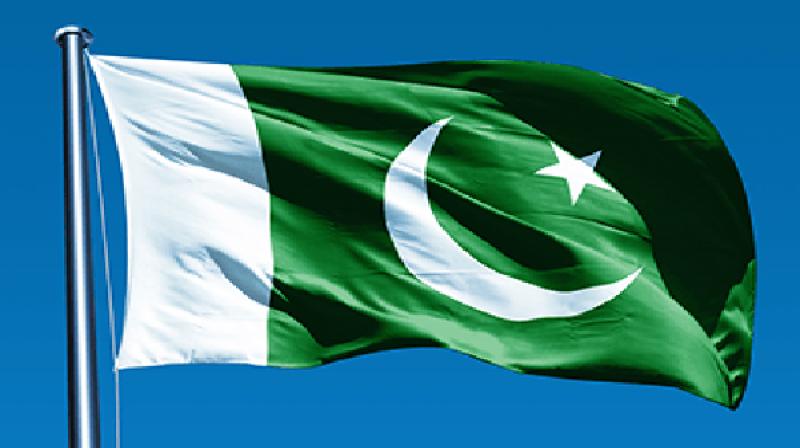A tumultuous year passes: Big changes on all fronts

The year 2018 was tumultuous for Pakistan’s democracy. In the preceding year, Pakistan’s score in formal measures of democratic health, like the Polity and Freedom House indices, remained somewhere between a flawed democracy and a hybrid regime. In the absence of updated measures for 2018, it is worth taking stock of progress or regression in key arenas of democratic activity.
Elections: A third transition of power through the electoral process has, for the time being, further cemented elections as the only “game in town” — ie as the only way of winning and losing executive office. This remains an unequivocal positive because, while the context and nature of elections remains riddled with question marks, the ancillary gains of citizen-centric accountability often bear fruit in the long run. Simply put, regardless of how controlled or coerced an election process is, it retains some value in creating a more responsive government. While vote-choice may be structured by things like who’s allowed to compete and campaign, increased opportunities for electoral accountability compels politicians to listen to citizens.
At the same time, the 2018 elections did raise serious questions from both a procedural and substantive perspective. As is the case in most elections, the Opposition did not accept the electoral process as free and fair. There are also ongoing procedural issues with regards to the way that elections are administered.
Parliamentary processes: If the PML-N’s tenure in power was characterised by executive centralisation and disregard for parliamentary procedure, the new ruling party’s first few months signal continuity, rather than rupture, with these trends. Since August, the legislative process has remained at a standstill due to conflicts between the government and the Opposition. In Punjab, in particular, partisan conflict appears to be quite pervasive.
Similar issues are plaguing activity at the National Assembly level. As a result, the formation of committees was not initiated and legislative responsibilities remained unattended. There are also persisting concerns that the new leadership in the National Assembly is not equipped or experienced enough to deal with the functioning of the legislature.
Political parties: The political party landscape remains wracked with judicial complications and ongoing accountability pressures. The politics of both main Opposition parties, the PML-N and PPP, is currently buried under the weight of NAB action against their compromised leadership. Given the timing of these events, there remain pervasive doubts over the nature of the anti-corruption campaign, with perceptions once again divided along partisan lines. With party leaders busy fighting off corruption cases, the year has seen chances of any institutionalisation and professionalisation within parties dissipate.
At the same time, post-election analysis shows that voter identification with parties seems to be growing, especially in urbanising parts of the country. This can be considered a positive since it may compel parties to invest more in their structures, pay more attention to their supporters, and develop more coherent policy platforms in the long run.
Democratic space: Finally, 2018 was marked by two interrelated negative trends on the space for civil society. The first was new types of regulatory pressure on the development sector, with a host of restrictions introduced by the government. This has reduced the space available to INGOs in the country.
The second trend is the ongoing crisis in print and electronic news media. This crisis lies at the intersection of increased state heavy-handedness (especially the military’s influence), a financial crunch induced by withholding of advertising by the public and private sector, and a history of poor financial management practices by media house owners. The outcome has been channel shutdowns, a number of layoffs, and persisting delays in the disbursement of salaries to media personnel.
The state’s overall regulation of the media sphere has also taken on a new, more coercive trajectory as the military repeatedly weighs in on the regulation of social media, and the government appearing more than happy to comply with a host of censorship requests.
Collectively, events in these four areas of democratic activity do not provide much cause for optimism. Each provides its own evidence for democratic regression to varying degrees. Most of all, it is the increased de jure and de facto restriction on dissent and free speech that may prove to be the most harmful in the long run. In the absence of any organised opposition, the reversal of these trends does not look likely in the year ahead.
By arrangement with Dawn

